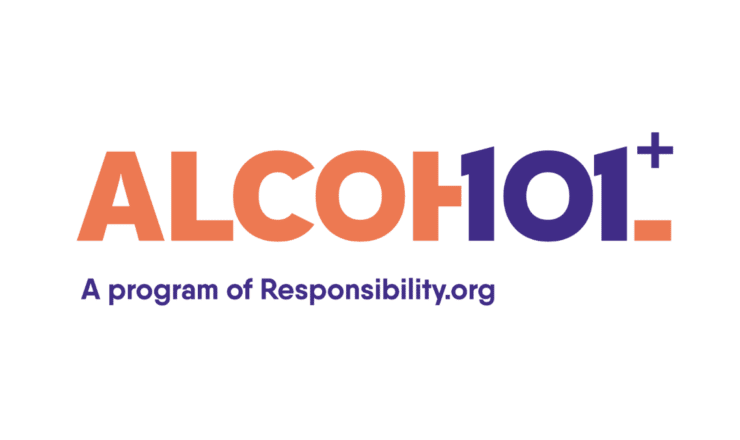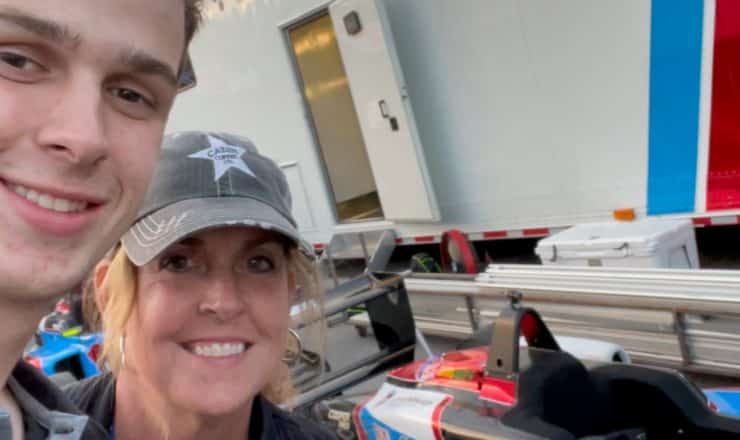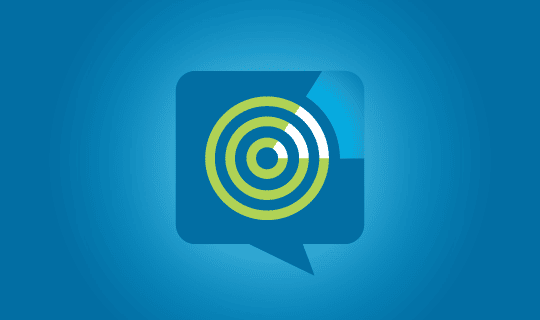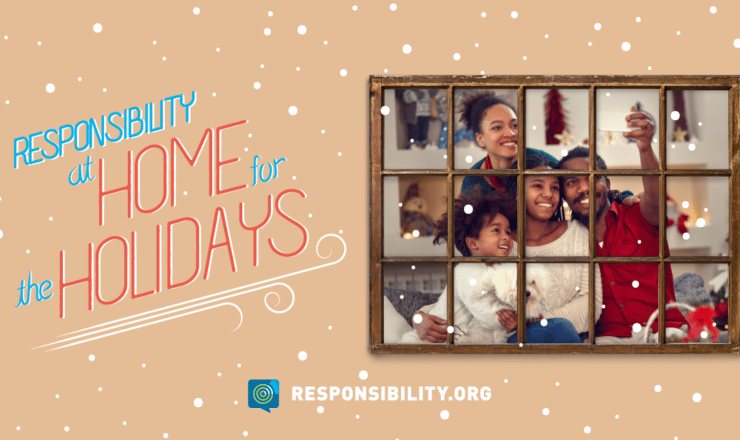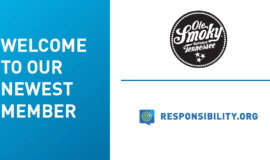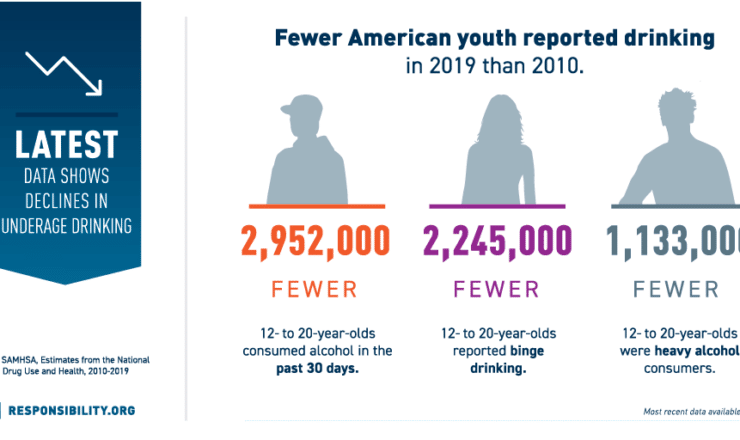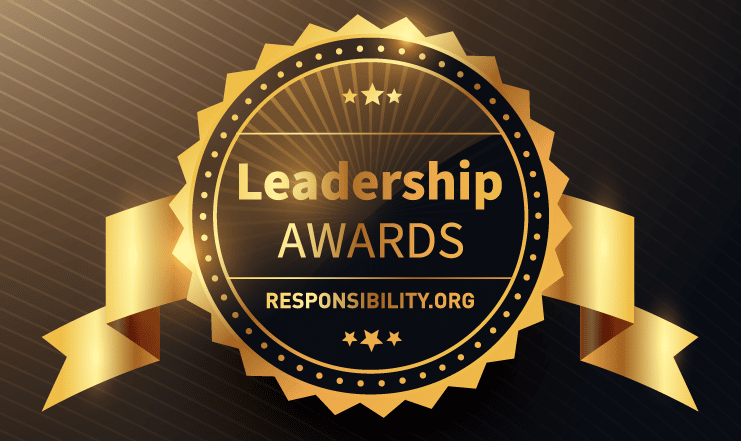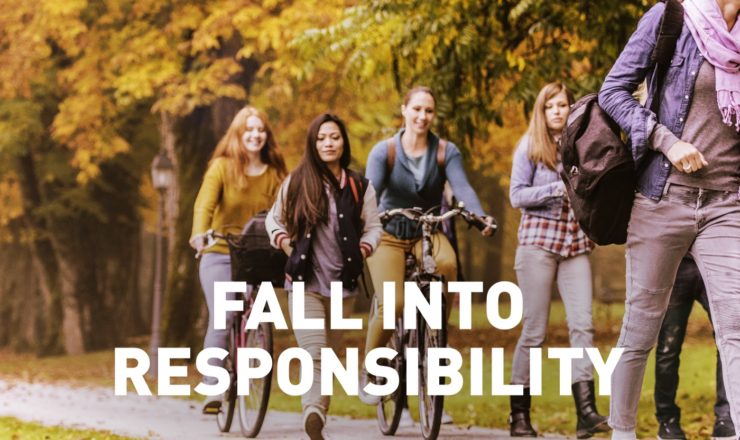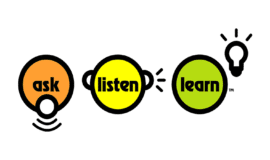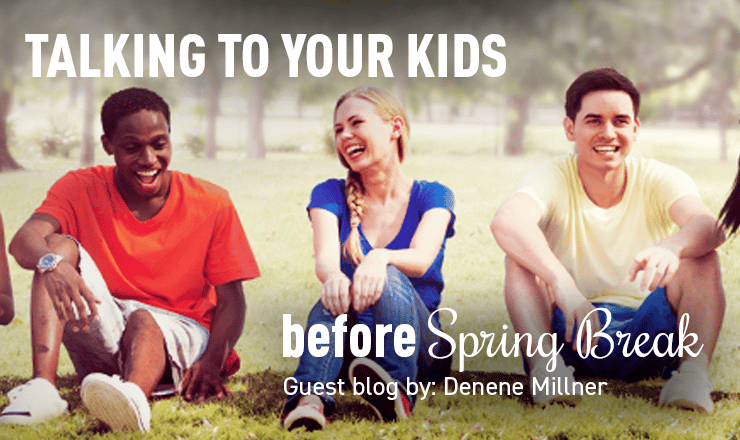Why Learning About Drinking Through Middle School Health Class Isn’t Enough
On Saturday, my middle school aged daughter and I jumped in the car to head to her first soccer game of the season. Barely out of the driveway, the station’s hosts were talking about the photo of the unconscious man and woman distributed by Ohio police to show the effects of heroin. I’d seen the photo but she hadn’t.
She listened to the radio hosts provide an update about the mom in the passenger seat, man behind the wheel, and verify that the four year old in the photo was fine. As a 21 Pilots song came on she said, “They talk about drugs and alcohol as substances in health class but they never show you how they affect people in real life. It’s probably good that the police department released that picture.”
With my eyes on the road, we talked about the health curriculum syllabus that my husband and I received on back to school night. As a 7th grader, alcohol, drugs, and other substances are part of the curriculum but I know the conversations in the classroom will not teach her everything she needs to know as she navigates through life.
Students will demonstrate the ability to use drug knowledge, decision-making skills, and health-enhancing strategies to address the non-use, use and abuse of medications, alcohol, tobacco, and other drugs.
-From Montgomery County Comprehensive Health Education Grade 7: Alcohol, Tobacco, and Other Drugs
State standards, key concepts, and high level learning objectives ensure that our teachers have a framework for classroom curriculum. But how will kids demonstrate the ability to use such knowledge in a classroom setting?
It’s against school policy to have such substances on school campuses and illegal for them to possess alcohol based on their age. The only way they can truly demonstrate what they know is through real life situations they’re faced with as they get older.
The heroin picture was a teachable moment that sparked a conversation that touched on school learning but became more meaningful when I started to share personal experiences of what it was really like to be under the influence of alcohol after turning 21.
She listened attentively as I told her about parties at friends’ houses in graduate school that always involved drinking. I talked to her about owning a car and the responsibility that I had to myself and others to stay off the road if I had been drinking. I told her how it scared me to think that I could drink so much that I would not be in control. I admitted to never wanting to wake up the next day without remembering the events of the night.
“That’s pretty scary,” she whispered. “I don’t think I’m ever going to drink.”
“It’s ok to drink once you’re 21,” I told her. “But you always have to be responsible. Also keep an eye on your friends and don’t let them do something stupid. You have to look out for each other.”
“And make sure that if I’m drinking, that I’ve eaten something. And drink water between,” she said. “At least that’s what they teach us in health class.”
Leticia Barr, founder of Tech Savvy Mama, a site that assists parents in navigating the ever-changing world of technology, is a member of our Educational Advisory Board, and a wife and mother of two children.
*The views and opinions expressed in this blog are solely those of the author and do not necessarily reflect the views of the Foundation for Advancing Alcohol Responsibility (Responsibility.org) or any Responsibility.org member.*

